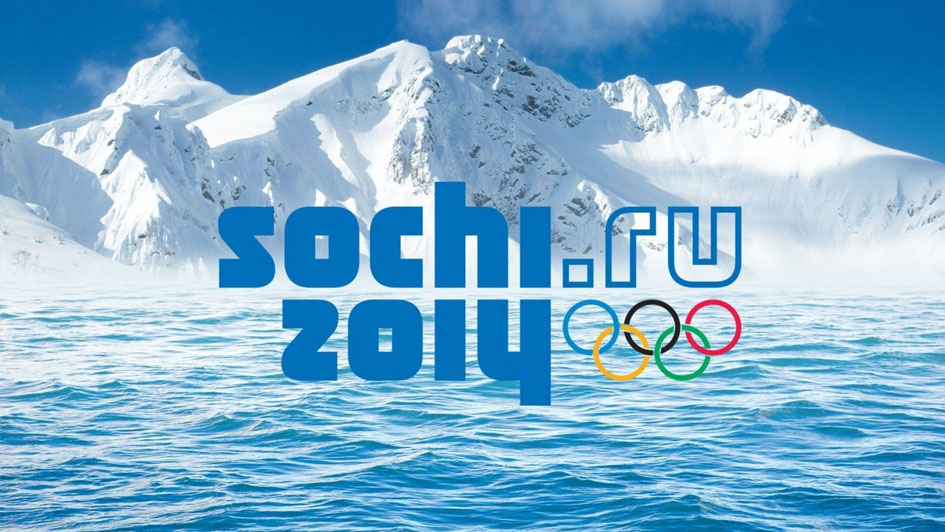
I don’t know about you, but I can’t wait for the year of sport that will be 2014. It’s any marketer’s dream and brings boundless opportunities for brands, whether officially or unofficially linked to the Sochi 2014 Winter Olympics, 2014 FIFA World Cup Brazil and Glasgow 2014 Commonwealth Games. It will be the year of sporting endeavour, which some may argue can only be made possible with the support of partners, sponsors and suppliers; but is there a return beyond the cache of being associated with the event? I’d argue a lot. After all, there is the index-linked effect on sales, which can’t be ignored, as well as the value of a brand’s stock and overall stature in today’s economic climate. The blue chips of this world are index-linked to our livelihoods, through the people they employ and effect on the local economy, regardless of whether we are consumers of their products or not. We simply cannot escape the loop.
P&G, Visa, Longines, Omega, Toshiba, Panasonic, VW, Emirates, Ford, Sony, McDonald’s and Coca-Cola are just some of the great and good that make these events possible. London 2012 secured 80% of its £700m target from sponsors and Sochi 2014 is predicted to have raised the same amount from sponsors. These sporting events really do light up the eyes of brands who know the positive effect a global event can have on their brand equity, recall and awareness.
Those who argue that Coca-Cola or McDonald’s shouldn’t take part in such gigs have every right to expose the ironic discrepancy in dubious health benefits of their products against a landscape of sport and genuine health. However, as demonstrated by Jeremy Paxman on Newsnight with James Quincey, President of Coca-Cola Europe, this argument is weak. Most nations would certainly fight against a Nanny State where consumer lifestyle choices are controlled. I agree we shouldn’t glamorise smoking and alcohol above-the-line, but when it comes to what we eat, who has the right to tell us to stop?
SEE ALSO: Intel Finds Its Way Inside FC Barcelona Jersey
Like it or not, these brands are the ones with the resources to prop up good causes and keep major sporting events alive through sponsorship. As consumers, we have the choice to decide for ourselves what is good for us to eat. A brand has the moral obligation of encouraging a healthy lifestyle for both mind and body, but is it acceptable for a brand to be told that it cannot be a sponsor because of its relevance to the event in question? Without the exposure which sponsorship allows these brands to develop, thousands of employees worldwide face the risk of losing their jobs because a dictate stated we can no longer drink sugary beverages or that sugary beverage brands cannot support good causes. The worst case scenario is that the stock market declines on the back of poor trading statements and share prices fall to affect the economy. Brands are vital to general wellbeing in our economy and societies, which finishes with our consumption.
Let’s remember what makes a brand great. It is how we, the consumers, perceive it. You may not like every brand, but there will always be others that do. Every brand has the right to be philanthropic and give back no matter how evil you may consider them to be. The reality is that we need these global brands as much as the global events they sponsor which serve to inspire us, our children, our nations and create a bubble where for several weeks of the year, the world unites around one event. I still have fond memories of the electricity running through the UK during the Olympics last year. It was infectious and generated a unique sense of national pride in all, facilitated perhaps in part by these brands supporting and creating a buzz through ATL. You have the choice to buy or not to buy – that is your democratic right – but let’s allow those brands who want to spend their invaluable money on these events to do just that. Through our choices, we control the consequences.
Image credit: The Inspiration Room